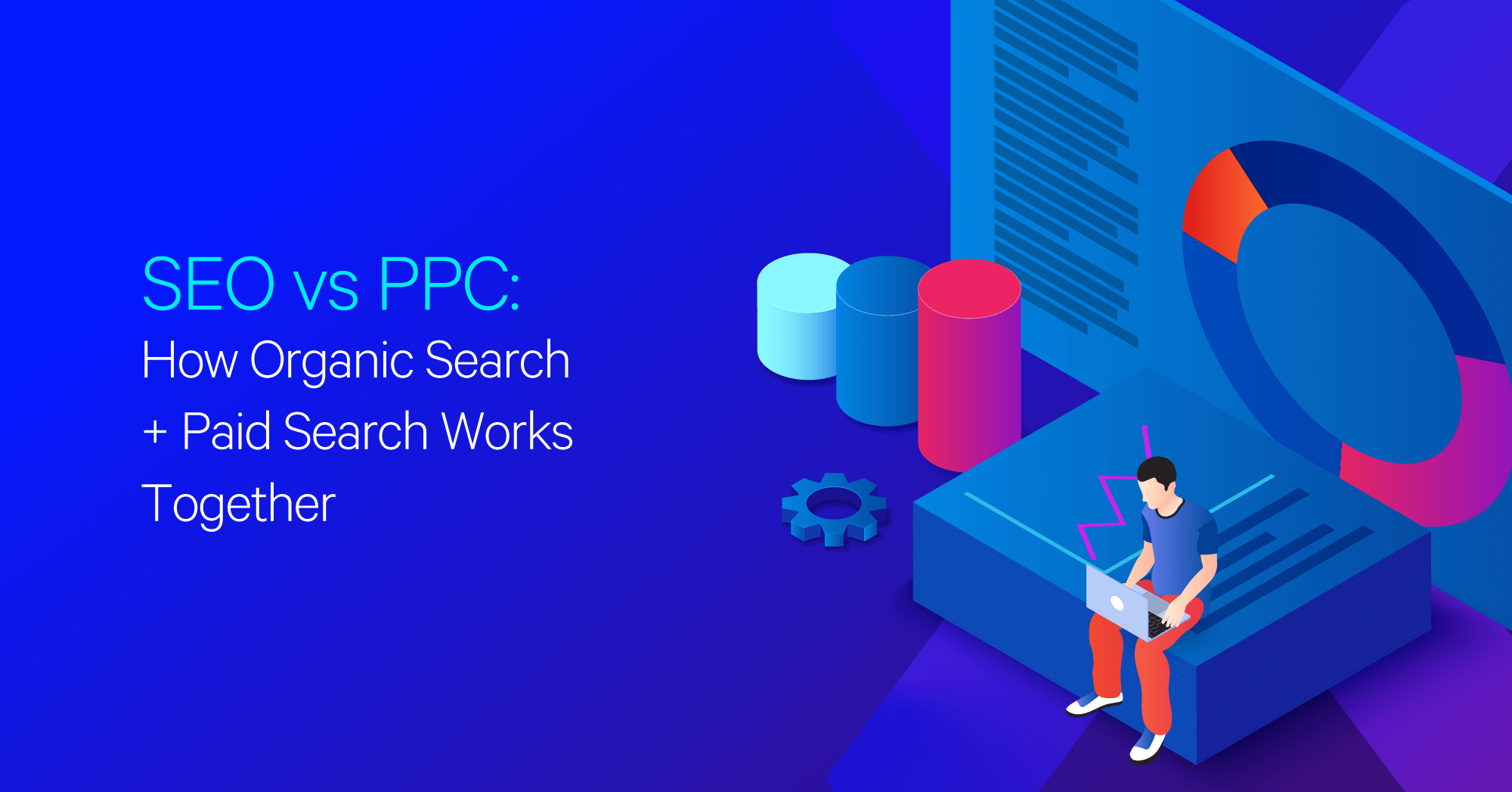
Beyond SEO: Mastering Generative Engine Optimization (GEO) for the Future of the Web

The Evolution of Search
For years, SEO has focused on optimizing websites to match specific keywords and search queries. Search engines like Google have used algorithms to analyze website content, structure, and authority to determine relevance and ranking. This approach has been effective, but it primarily caters to users who actively search for information using keywords.
Generative AI is changing this paradigm. AI-powered search engines and platforms are now capable of:
- Understanding user intent: AI can analyze the context and nuance of user questions, going beyond simple keyword matching.
- Providing direct answers: Instead of just listing links, AI can synthesize information from various sources to provide concise, direct answers to user queries.
- Creating new content: AI can generate articles, summaries, and other forms of content, influencing how information is presented and consumed online.
What is Generative Engine Optimization (GEO)?
Generative Engine Optimization (GEO) is a holistic approach to website optimization that considers both traditional SEO principles and the unique characteristics of generative AI. It involves optimizing websites not only for how they rank in search results but also for how their content is understood, utilized, and potentially repurposed by AI.
Key Components of GEO
Technical SEO Fundamentals: A strong foundation of technical SEO remains crucial. This includes:
- Website speed and performance
- Mobile-friendliness
- Website structure and navigation
- Schema markup (structured data)
High-Quality, Comprehensive Content: Creating in-depth, informative, and well-structured content that satisfies user intent is essential. AI can analyze and utilize such content more effectively.
Entity Optimization: Optimizing content around entities (people, places, things, concepts) helps AI understand the relationships between different pieces of information.
AI-Friendly Formatting: Structuring content in a clear, logical, and easily digestible format makes it easier for AI to process and extract information. This includes using headings, subheadings, lists, and tables.
Contextual Relevance: Providing context and clarifying the relationships between different parts of your website helps AI understand the overall meaning and purpose of your content.
Data Accuracy and Trustworthiness: Ensuring that your website provides accurate, reliable, and up-to-date information is crucial, as AI often prioritizes trustworthy sources.
GEO and 704.ch
At 704.ch, we understand the importance of staying ahead of the curve. We combine our expertise in web development with a deep understanding of SEO and AI to create websites that are optimized for both traditional search and the generative AI era.
Our GEO services include:
- AI-Driven Content Strategy: We help you create content that is not only valuable to users but also optimized for AI consumption.
- Semantic SEO: We optimize your website's structure and content to enhance its understanding by AI.
- Technical SEO Audit: We ensure your website meets the technical requirements for optimal performance and AI compatibility.
Conclusion
The future of the web is intertwined with AI. By embracing Generative Engine Optimization (GEO), businesses can ensure their online presence remains relevant, visible, and effective in this evolving landscape. 704.ch is committed to helping businesses navigate this transition and leverage the power of AI to achieve their online goals.
Ready to future-proof your website and harness the power of Generative Engine Optimization?






